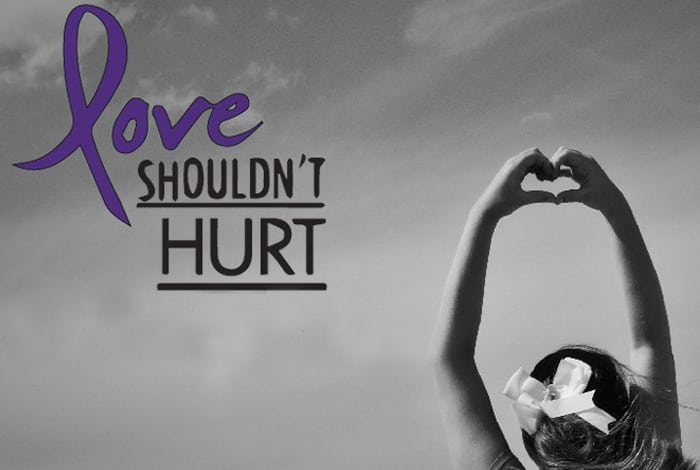Most people who end up in abusive relationships do not remember or understand how they got there. The patterns of violence can be hard to recognize until it’s too late. Moreover, many feel shame for what is being done to them or consider that an incident is “not that bad” or “not as bad as it could be” (especially if the abuse is emotional, verbal, or sporadic, having happened only once or twice in the past). Whatever your situation is, if you’re reading this, then it likely means you know something is not quite right. You might not believe what is happening to you is abuse, or you might have an extremely menacing partner who you fear you can’t escape. Please read on to learn how you can break the cycle of violence and overcome the beliefs, fears, or dangerous circumstances that prevent you from leaving the relationship.
“I’m not sure that I’m being abused.”
One of the main reasons why you might not leave your partner is that you are not sure if what is happening to you classifies as abuse. Or you believe the abuse is not as atrocious as what you have seen in the media, so it must not be so serious or dangerous. Maybe you assume you are just too sensitive or there is something wrong with you for having a problem with how your partner treats you. There are issues in every relationship. However, violence (be it emotional, verbal, physical, or in any other form) is never the solution. And it is always the perpetrator’s choice.
“My partner has a point, I have flaws and make mistakes.”
Whatever qualities you have (being “too sensitive”, not feeling comfortable in certain circumstances, not agreeing to certain behaviors, being very emotional) that you deem as “bad”, or shortcomings, do not in any way excuse your partner’s abusive behavior. In the same way that you wouldn’t blame someone who gets hit by a drunk driver for the accident, you shouldn’t feel responsible for your partner’s destructive actions. Your partner’s abuse is not your fault. And your feelings about the abuse are not wrong – you are justified to feel the way you do and you have every right to feel betrayed, distressed, sad, angry, or frightened if your partner hurts you. If you would like to talk to someone about these feelings, reach out for help from The National Domestic Violence Hotline.
Denial, minimizing your feelings, shaming you for them, or blaming you for an abusive episode are all manipulation tactics used by abusers to keep the victim in the relationship. Please take a look at the signs of domestic violence HERE. If you recognize these destructive patterns in your relationship, it is crucial to acknowledge and admit to yourself – your partner is abusive.
“My partner is different, he can change.”
People change. These two words have kept thousands of women and men in abusive relationships for years, or decades, because they still loved their partners very dearly and truly believed they could change. However, there is one crucial word missing from the above statement – people can change. Can. But many do not. And you will be the one who suffers the consequences if your partner remains abusive, not them.
“I love my partner and I’d feel guilty for leaving.”
When you love someone, you don’t want to let them go. You see their potential and you want to be the one who helps them become the best version of themselves. But you do not have to do it alone. In fact, you do not have to be the one to do it at all. Love is something you can feel for everyone – but the way in which you manifest love is different for every person. You love your parents, children, siblings, pets, friends, and partner, but you manifest love differently with each. In the same way, you do not need to be in a relationship with your partner in order to love them. And it is equally important to treat yourself with love and kindness as well.
Perhaps your leaving will be the catalyst that finally makes your partner want to seek help. Maybe your partner will genuinely change and you can reconnect in the future. Or maybe he or she will always be abusive and hurtful. But for this moment, you must do what is kind and loving towards yourself. For your own safety, well-being, and happiness, you must have the strength to leave your partner battle his or her demons alone.
“I want to leave, but I don’t know how.”
If your partner is physically violent or has threatened you, please look over the following resources:
- Safety When Preparing To Leave
- Safety Planning
- Rape/Domestic Abuse Program
- Protecting Yourself After Leaving
Breaking the cycle of abuse takes strength, but you are not alone.


